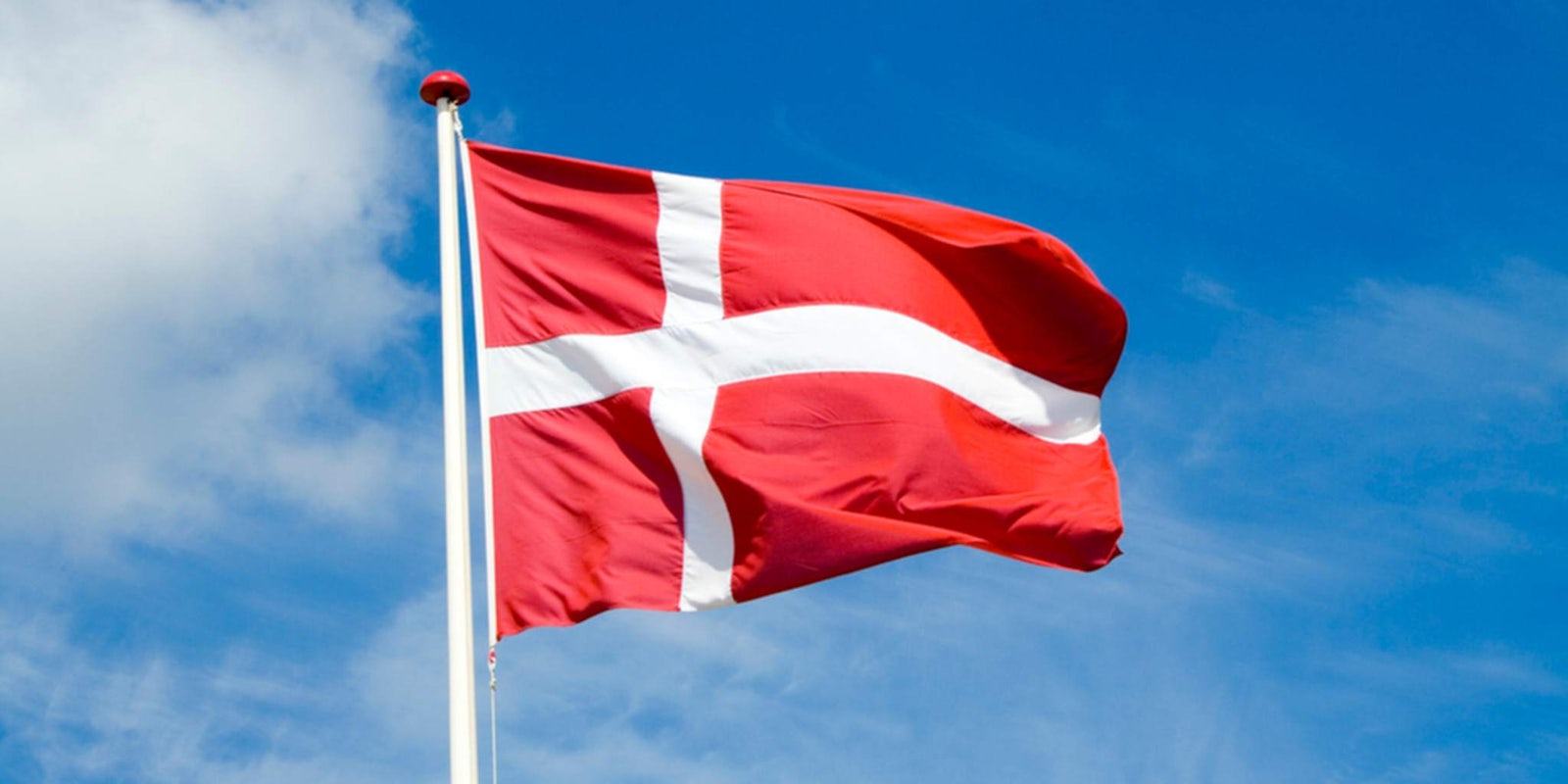Police in Denmark will soon push for new laws that require the government to record vast amount of data on Danish Internet users, including mobile phone location and website visits.
The proposal from Denmark’s Justice Ministry aims to allow the country’s government to log all Internet sessions (the communication between a users’ computer and the website or online service she’s accessing), the geolocation of all mobile devices, IP addresses, ports, timestamps, total session volume, and more, according to Niels Elgaard Larsen of IT-Politisk Forening, a Danish digital rights group.
A similar law was defeated when the European Court of Justice declared the indiscriminate logging of all Internet data was “a particularly serious interference with human rights.” The new proposal is being described as “much more invasive” than previous iterations.
Larsen called the proposal “data retention on steroids” in a recent email to the Tor Project mailing list. He also called into question how the proposal would affect the use of the Tor anonymity network, which masks much of the data the Justice Ministry wants to collect, inside Denmark.
Justice Minister Søren Pind told Danish media that “logging is a very essential tool for the police and PET [the Danish Security and Intelligence Service]. Therefore, we need to have up-to-date logging rules, which we don’t today.”
Pind said he wants Internet logging to be equivalent to telephone logging, which retains data on numbers called and duration of calls.
“We are actually a bit shocked that such a massive expansion has been suggested,” Jakob Willer, the director of the Telecom Industry Association, told the Danish news agency Ritzau.
Western European governments have are reportedly spending rapidly rising amounts of money on security and surveillance since terror attacks struck Paris last year. Spending is being led by France, Great Britain, and Germany, where debates over privacy and security are deciding key questions about the future of Internet governance.
Photo by Jacob Botter/Flickr (CC BY 2.0)


